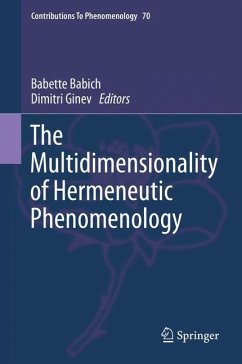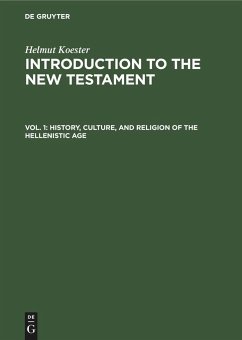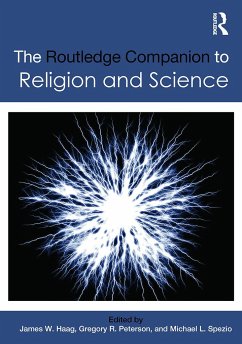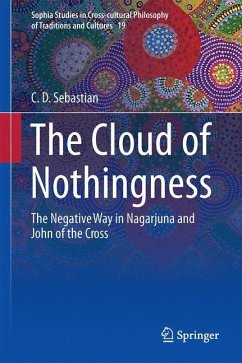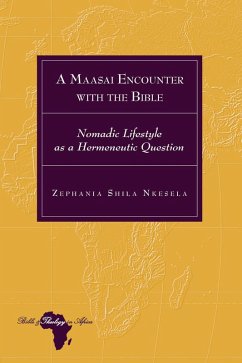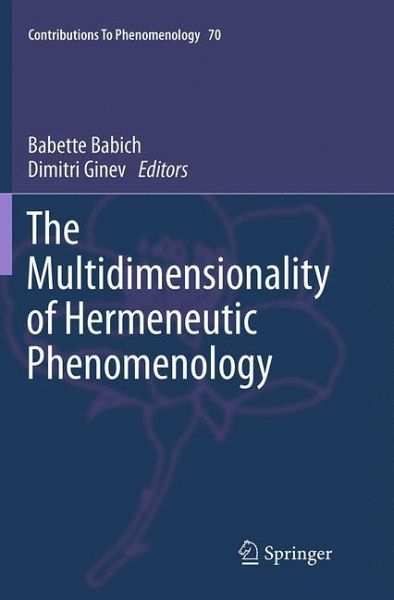
The Multidimensionality of Hermeneutic Phenomenology
Versandkostenfrei!
Versandfertig in 6-10 Tagen
83,99 €
inkl. MwSt.

PAYBACK Punkte
42 °P sammeln!
This book offers new reflections on the life world, from both phenomenological and hermeneutic perspectives. It presents a prism for a new philosophy of science and technology, especially including the social sciences but also the environment as well as questions of ethics and philosophical aesthetics in addition to exploring the themes of theology and religion.Inspired by the many contributions made by the philosopher Joseph Kockelmans, this book examines the past, present and future prospects of hermeneutic phenomenology. It raises key questions of truth and method as well as highlights both...
This book offers new reflections on the life world, from both phenomenological and hermeneutic perspectives. It presents a prism for a new philosophy of science and technology, especially including the social sciences but also the environment as well as questions of ethics and philosophical aesthetics in addition to exploring the themes of theology and religion.
Inspired by the many contributions made by the philosopher Joseph Kockelmans, this book examines the past, present and future prospects of hermeneutic phenomenology. It raises key questions of truth and method as well as highlights both continental and analytic traditions of philosophy.
Contributors to The Multidimensionality of Hermeneutic Phenomenology include leading scholars in the field as well as new voices representing analytic philosophers of science, hermeneutic and phenomenological philosophers of science, scholars of comparative literature, theorists of environmental studies, specialists in phenomenological ethics and experts in classical hermeneutics.
Inspired by the many contributions made by the philosopher Joseph Kockelmans, this book examines the past, present and future prospects of hermeneutic phenomenology. It raises key questions of truth and method as well as highlights both continental and analytic traditions of philosophy.
Contributors to The Multidimensionality of Hermeneutic Phenomenology include leading scholars in the field as well as new voices representing analytic philosophers of science, hermeneutic and phenomenological philosophers of science, scholars of comparative literature, theorists of environmental studies, specialists in phenomenological ethics and experts in classical hermeneutics.



